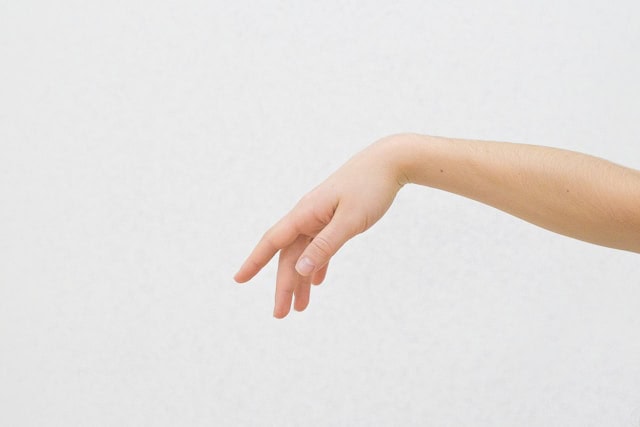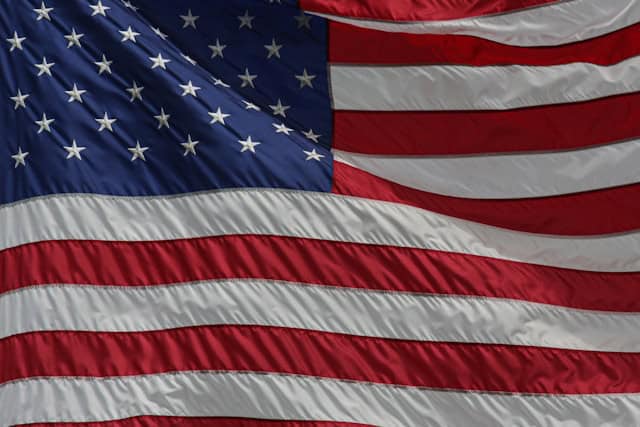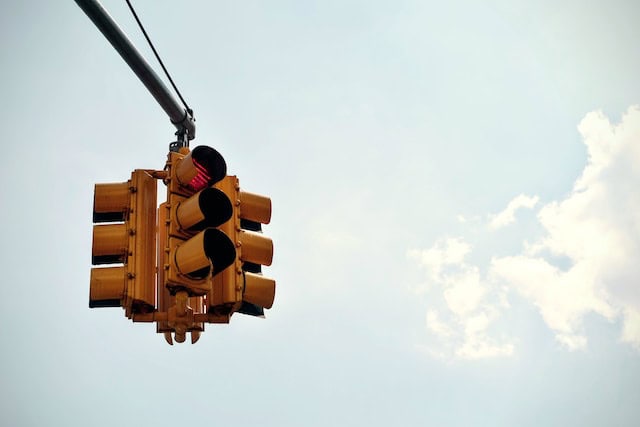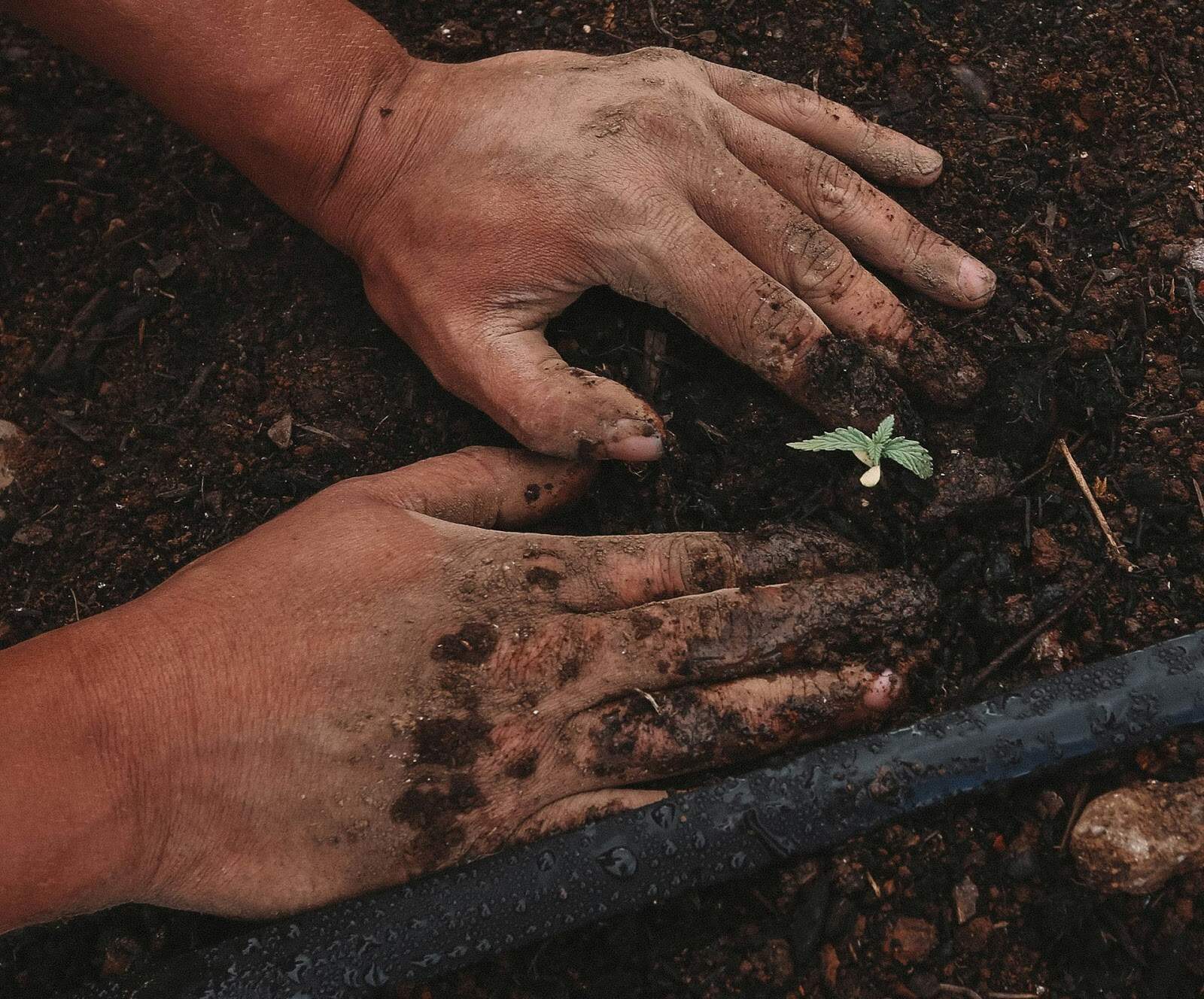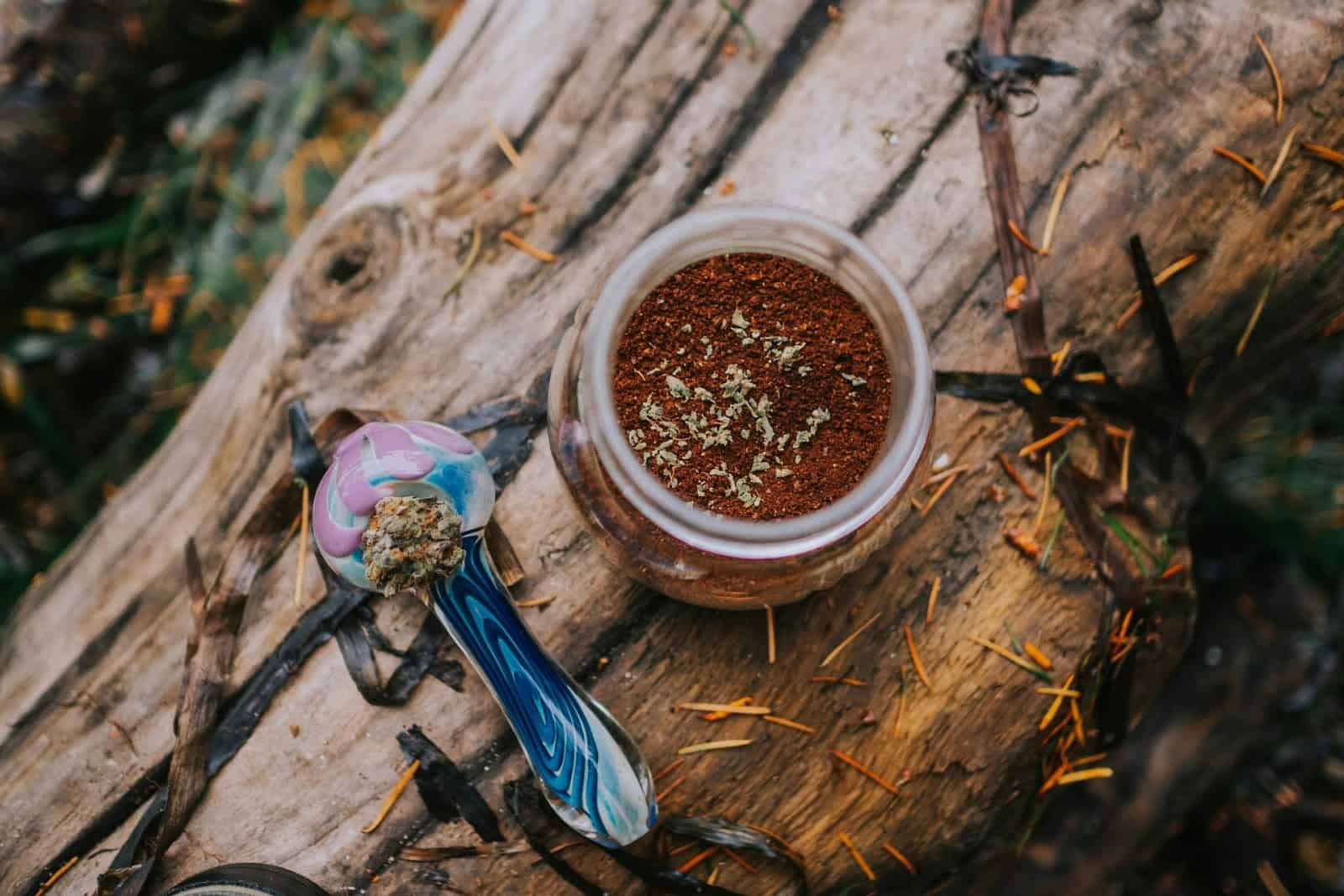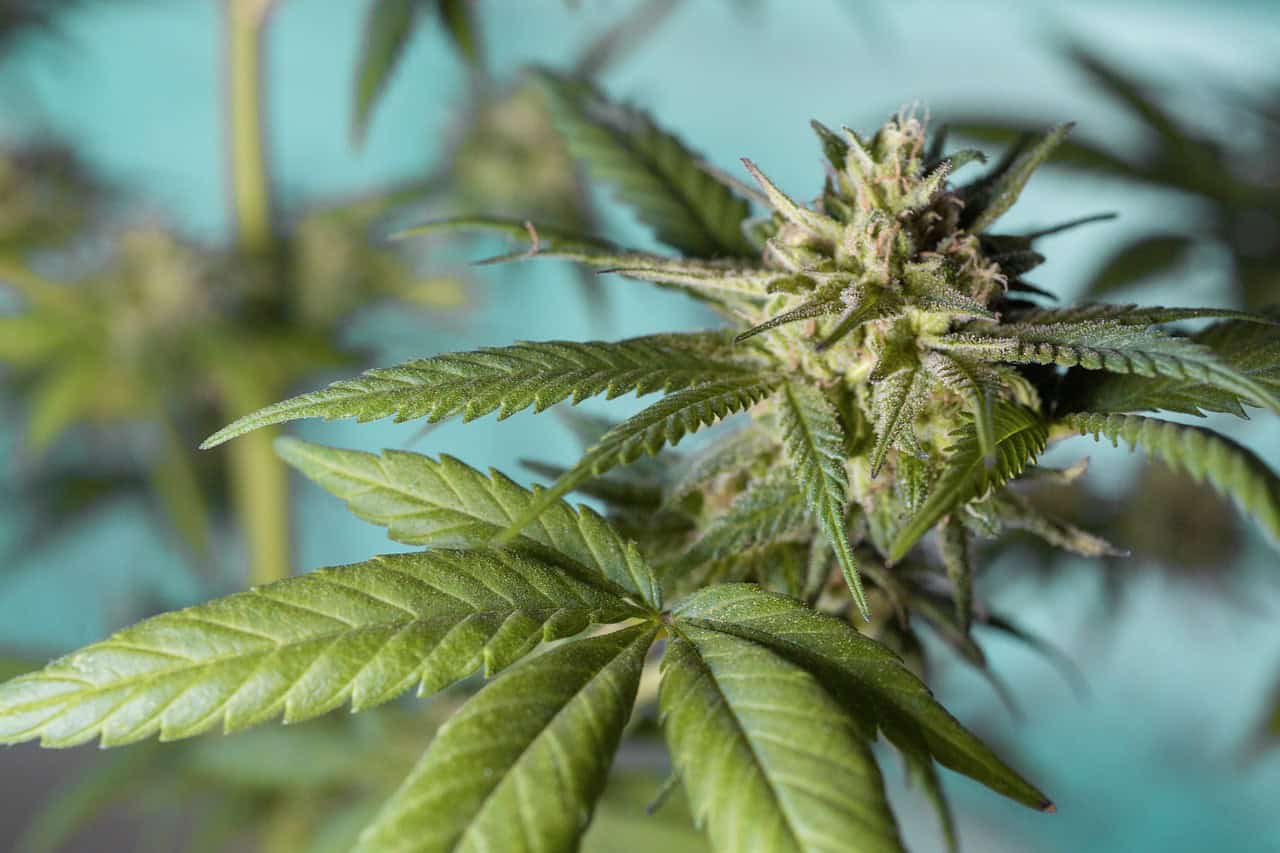Is CBD Legal in Denver, CO
Yes, CBD products are legal in Denver, CO
 Legal
Legal
CBD products are legal in Colorado and they can be sold outside of retail marijuana stores.
CBD, or cannabidiol is a compound derived from the cannabis plant. CBD has the potential to offer therapeutic benefits without psychoactive effects. It has shown promise in alleviating pain, reducing anxiety, and improving the quality of sleep. Research into CBD is still ongoing, but it has shown effectiveness in treating a variety of ailments. Before buying CBD in Colorado, make sure to check the lab test results for each product to ensure that they are labeled accurately.
To purchase CBD in Colorado, you have to be at least 18 years old.
CBD acts on the endocannabinoid receptors in the body. As a result, it can treat insomnia, pain, anxiety, and inflammation.
Unlike THC, CBD does not cause a high. CBD has no psychoactive effects.
Currently, the only CBD product that is approved as a drug by prescription is a prescription oil called Epidiolex, used to treat seizures.
The toxic dose of 20,000 mg of CBD is not considered to be lethal. However, one should still use caution when administering CBD. The recommended usage per products should be followed.
Yes, CBD products can be smoked. When CBD is smoked, it is absorbed faster into the bloodstream than when it is eaten. CBD administered through smoking takes effect within a few minutes.
Yes, CBD products can be smoked. When CBD is smoked, it is absorbed faster into the bloodstream than when it is eaten. CBD administered through smoking takes effect within a few minutes.
Is THC Legal in Denver, CO
Yes, THC products are legal in Denver, CO
 Legal
Legal
To buy THC products in Colorado, you must be at least 21 years old for recreational use. Adults aged 21 and older can legally purchase marijuana products, including those containing THC, from licensed dispensaries.
For medical marijuana, individuals must be at least 18 years old and have a valid medical marijuana card issued by the state. Minors under 18 can also qualify for medical marijuana, but they must have a registered caregiver—usually a parent or legal guardian—who can apply for the medical card and purchase the products on their behalf.
Yes, all THC products in Colorado have to be third-party tested. Colorado has set strict regulations that guarantee the safety, quality, and potency of the marijuana products sold through licensed dispensaries. All cannabis products will need to be tested by independent state-licensed laboratories before sale to any consumer.
These tests take into consideration a number of factors, including the potency of THC and CBD, as well as contaminants like pesticides, heavy metals, molds, and residual solvents. This ensures that the consumer will get safe, effective, and correctly labeled products. Also, all cannabis products sold in Colorado are required to have detailed labeling regarding their contents, dosage, and potential allergens. This commitment to quality and safety helps maintain high standards within Colorado’s cannabis market and protects consumer health.
Yes, all THC products in Colorado have to be third-party tested. Colorado has set strict regulations that guarantee the safety, quality, and potency of the marijuana products sold through licensed dispensaries. All cannabis products will need to be tested by independent state-licensed laboratories before sale to any consumer.
These tests take into consideration a number of factors, including the potency of THC and CBD, as well as contaminants like pesticides, heavy metals, molds, and residual solvents. This ensures that the consumer will get safe, effective, and correctly labeled products. Also, all cannabis products sold in Colorado are required to have detailed labeling regarding their contents, dosage, and potential allergens. This commitment to quality and safety helps maintain high standards within Colorado’s cannabis market and protects consumer health.
Is Delta-8 Legal in Denver, CO
No, Delta-8 products are illegal in Denver, CO
 Legal
Legal
Delta-8 THC is illegal in Colorado since 2021; Delta-8 tetrahydrocannabinol (Delta-8 THC) is a cannabinoid found in the cannabis plant, known for its psychoactive effects, although they are generally milder compared to the more well-known Delta-9 THC. The debate over Delta-8 largely centers on its legal status, potential health risks, and production methods. Despite being derived from hemp, legalized in the United States via the 2018 Farm Bill, the extraction and conversion processes have come under regulatory scrutiny. Critics argue that these methods could lead to impurities and safety issues. Moreover, concerns exist regarding its impact, particularly when consumed by vulnerable groups such as minors, given that Delta-8 products are often promoted as a legal and less potent alternative to traditional marijuana. Consequently, the regulatory environment and public perception surrounding Delta-8 THC remain intricate and contentious.
Delta-8 THC is illegal in Colorado since 2021; Delta-8 tetrahydrocannabinol (Delta-8 THC) is a cannabinoid found in the cannabis plant, known for its psychoactive effects, although they are generally milder compared to the more well-known Delta-9 THC. The debate over Delta-8 largely centers on its legal status, potential health risks, and production methods. Despite being derived from hemp, legalized in the United States via the 2018 Farm Bill, the extraction and conversion processes have come under regulatory scrutiny. Critics argue that these methods could lead to impurities and safety issues. Moreover, concerns exist regarding its impact, particularly when consumed by vulnerable groups such as minors, given that Delta-8 products are often promoted as a legal and less potent alternative to traditional marijuana. Consequently, the regulatory environment and public perception surrounding Delta-8 THC remain intricate and contentious.
While Delta-8 is generally seen as less potent than Delta-9 THC, it can still induce psychoactive effects, highlighting the importance of responsible use. Consulting a healthcare professional is advisable for individuals with pre-existing medical conditions or those on medications before trying Delta-8.
The influence of Delta-8 THC on the body is facilitated through its attachment to the CB1 receptors within the endocannabinoid system, predominantly situated in the central nervous system. This engagement precipitates psychoactive effects, generally of a less intense nature when compared to Delta-9 THC. Individuals frequently recount feelings of relaxation, euphoria, and a shift in sensory perception. Delta-8 might also stimulate an increased appetite, provoke dry mouth, and result in red eyes. Nevertheless, the expression of its effects can diverge widely from individual to individual, influenced by factors such as dosage, tolerance, and the unique sensitivity of each person to cannabinoids.
Delta-8 THC is illegal in Colorado. The state clarified that converting any cannabinoids from hemp with a chemical process (which is how Delta-8 is made from CBD) makes them non-compliant. This news is surprising since Colorado was one of the first states to legalize recreational marijuana in 2012.
While Delta-8 THC and Delta-9 THC have akin chemical compositions, Delta-8 is known for being less potent and typically leading to a milder, more focused high. Some users favor it for its functional characteristics.
Delta-8 THC is presented in multiple forms, such as edibles, vape cartridges, tinctures, and capsules. The decision on how to consume it is influenced by personal preference and the intended effects.
Delta-8 THC's safety remains a subject of ongoing debate and investigation. Although it's typically viewed as having less potency and inducing milder psychoactive effects than Delta-9 THC, there are concerns about potential impurities arising from its production methods. Additionally, as is the case with any psychoactive substance, its safety can vary based on an individual's health, consumption habits, and dosage. More extensive scientific research is needed to provide a definitive evaluation of its safety, and caution is recommended, especially in the absence of established regulatory standards.
Regularly encountered side effects could encompass a parched mouth, reddened eyes, an elevated heart rate, and momentary lapses in short-term memory. Generally, these responses are less intense than those linked to Delta-9 THC.
Yes, it is conceivable for Delta-8 THC to elicit a positive outcome on a drug test, as many tests do not discriminate between Delta-8 and Delta-9 THC. For individuals subject to drug testing, using Delta-8 products should be done with caution.
Your ability to purchase Delta-8 products may hinge on your location, given that age restrictions commonly specify a minimum age of either 18 or 21 years old. To remain in compliance with the law, it's essential to become acquainted with your local area's age requirements by researching local regulations.
The diversity in Delta-8 product availability includes licensed dispensaries, online retailers, and specific convenience stores. Before making a purchase, it's crucial to investigate the legality of Delta-8 in your area and choose a reputable seller committed to both product excellence and adherence to local regulations.
Is Delta-9 Legal in Denver, CO
Yes, Delta-9 products are legal in Denver, CO
 Legal
Legal
In Colorado, you must be 21 and older to buy, possess, or use Delta-9 products.
In Colorado, it is legal to smoke flower containing Delta-9 THC. Within the limits set by the law, adults 21 years of age and older are allowed to possess and consume marijuana products, including flower containing delta-9 THC. This includes smoking flower containing Delta-9 THC in private homes and places that have been designated for smoking.
Yes, Delta-9 THC products must undergo third-party testing. These tests verify that the products meet quality standards, comply with federal guidelines (including containing less than 0.3% Delta-9 THC), and are free from contaminants like pesticides, heavy metals, and residual solvents. This process ensures that Delta-9 products are safe, accurately labeled, and meet quality standards before reaching consumers.
In any case, it is always recommended that you take the time to review these lab reports to ensure product safety and potency, regardless of legal requirements.
Is HHC Legal in Denver, CO
Yes, HHC products are legal in Denver, CO
 Legal
Legal
Since HHC is not legal in Colorado, there is no age requirement for purchasing it. The state’s ban on HHC means that it cannot be legally bought or sold.
No, it is not legal to smoke HHC flower in Colorado. The state has banned the sale and use of HHC and other certain hemp derivatives to ensure product safety and regulatory compliance.
No, HHC products are not legally available in Colorado, so there is no legal requirement or standard for third-party testing for these products within the state.
Disclaimer
This information is derived from our independent research. Our team aims to ensure that we give you accurate up-to-date details from reliable state-run sources. However, we are not legal experts, and local laws can be subject to change.









